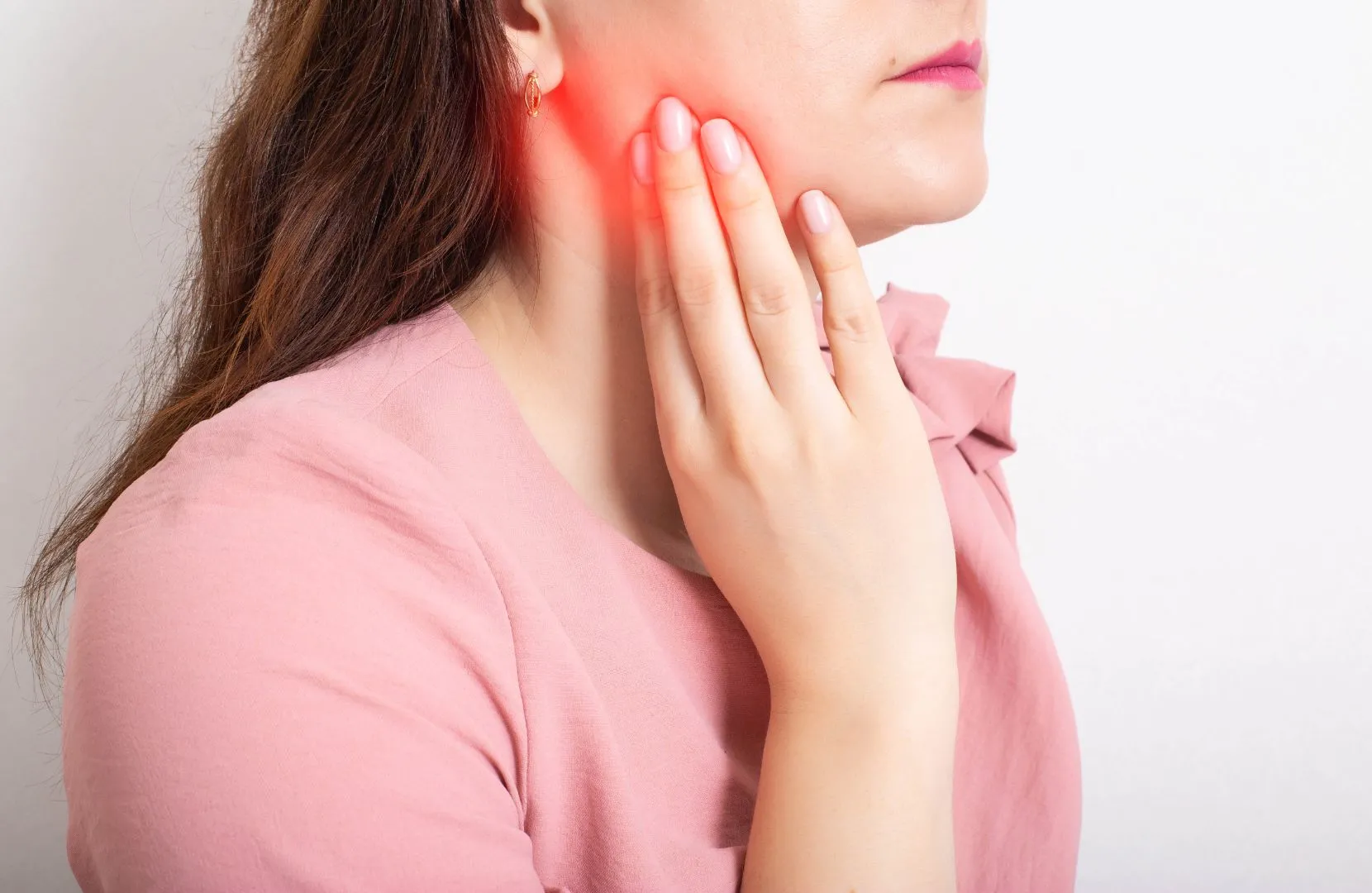A sudden fall, a sports accident, or even biting down on something too hard — tooth injuries can happen when you least expect them. Unlike other types of dental concerns, tooth trauma often feels urgent, leaving patients and parents wondering what to do in the moment.
The good news: knowing the right steps to take immediately after a tooth injury can make all the difference in protecting your oral health and preventing long-term complications.
Understanding Tooth Trauma
Tooth trauma refers to any injury involving the teeth, gums, or supporting bone. These injuries range from minor chips to complete tooth loss. Some of the most common types include:
- Chipped or fractured teeth: A portion of the tooth breaks off.
- Loose teeth: Trauma causes the tooth to shift or feel unstable.
- Knocked-out teeth: A tooth is fully displaced from its socket.
- Soft tissue injuries: Cuts or tears to the gums, lips, or cheeks.
- Jaw injuries: Trauma that affects bone support around the teeth.
Not all tooth injuries look serious at first, but even minor trauma can worsen if not treated promptly.
First Aid for Tooth Injuries
Quick action often determines whether a tooth can be saved. Here are general first steps to take for common types of trauma:
For a Chipped or Broken Tooth
- Rinse the mouth gently with warm water.
- Save any broken fragments if possible.
- Apply a cold compress to reduce swelling.
For a Loose Tooth
- Avoid wiggling or pushing on the tooth.
- Keep the area clean by rinsing gently with water.
- Eat only soft foods until you can see a professional.
For a Knocked-Out Tooth
- Pick up the tooth by the crown (the top), not the root.
- If dirty, rinse gently with water but do not scrub.
- If possible, place the tooth back in the socket and hold it with gentle pressure.
- If reinsertion isn’t possible, place the tooth in milk or a tooth preservation kit until you reach care.
For Soft Tissue Injuries
- Rinse gently with warm water.
- Apply gauze with light pressure to stop bleeding.
- Use a cold compress externally to limit swelling.
Taking these steps quickly can help preserve the tooth and reduce pain until professional treatment is available.
What Not to Do After Tooth Trauma
In emergencies, it’s just as important to know what not to do:
- Do not scrub the root of a knocked-out tooth.
- Do not use hot water to rinse the mouth or tooth.
- Do not delay — timing is critical, especially for knocked-out teeth.
- Do not chew on the injured side.
Avoiding these mistakes helps protect delicate tissues and increases the chance of saving the tooth.
Why Timing Is Critical
With dental trauma, time is often the deciding factor in treatment success. For example, knocked-out permanent teeth have the highest chance of being saved if reinserted within 30 minutes to one hour. After that, the likelihood decreases significantly.
Even when injuries seem small, scheduling an evaluation quickly is important. Cracks, chips, or loose teeth can lead to infection or further damage if left untreated.
Long-Term Risks of Untreated Trauma
Skipping care after tooth trauma can result in complications, such as:
- Infection in the tooth or gums
- Tooth loss from weakened support structures
- Nerve damage leading to pain or sensitivity
- Misalignment if teeth shift after injury
- Bone loss in the jaw if missing teeth are not replaced
Early treatment minimizes these risks and protects both oral health and overall well-being.
Prevention Tips for Tooth Trauma
While not every accident can be avoided, some preventive steps reduce the risk of injuries:
- Wear a mouthguard: Essential for contact sports and activities with risk of impact.
- Avoid chewing on hard items: Ice, pens, and hard candies can cause fractures.
- Keep up with dental visits: Regular checkups help spot weak areas before they become problems.
- Ensure a safe environment: For young children, use gates, non-slip rugs, and protective gear when learning to walk or ride bikes.
Preventive habits help lower the risk of trauma and protect teeth long term.
Protecting Your Smile in an Emergency
Tooth trauma can be frightening, but knowing how to respond makes all the difference. By acting quickly, handling teeth carefully, and seeking professional care right away, you give yourself or your child the best chance at a healthy recovery.
If you or a loved one experiences tooth trauma and needs urgent care, the team at Babston Oral Surgery is here to help. We provide prompt, compassionate treatment for dental emergencies to protect your smile and restore comfort. Contact us today for assistance.
